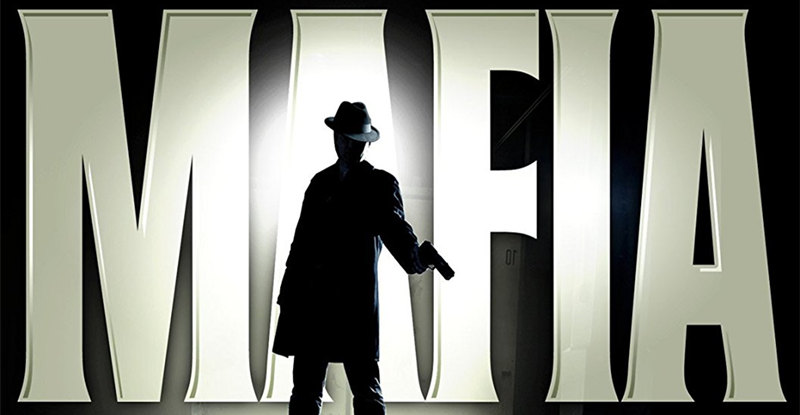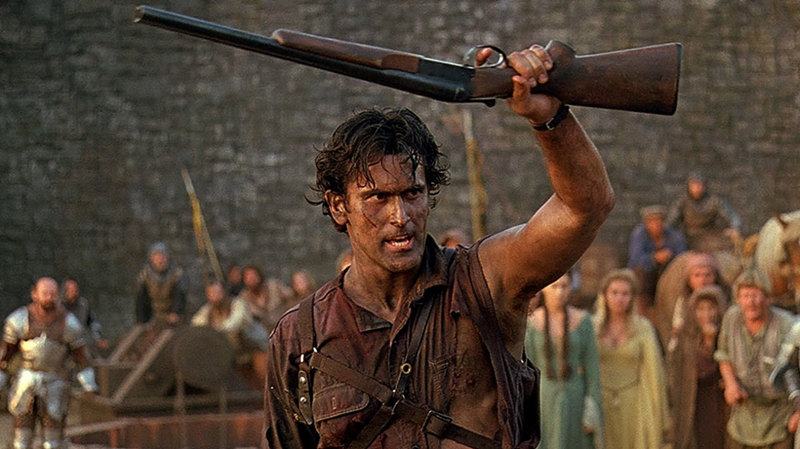“The life that I have is all that I have,
The life that I have is yours.
The love that I have of the life that I have,
Is yours and yours and yours.”
Audiences seem to love stories based on real people and actual events, and nobody had as many such stories as the British following World War II. When enough years had gone by to tell such stories and the British film industry was getting back on its feet, it appeared that the J. Arthur Rank Organization couldn’t get enough of them to distribute. “Carve Her Name with Pride” is one of those films, a solid effort from 1958.
Based on a best-selling, 1956 biography by R.J. Minney, the film tells the story of Violette Szabo, who volunteered to join the SOE (Special Operations Executive) and worked as a secret agent in France aiding the Resistance until her capture. Lewis Gilbert, who later made such well-known pictures as “Sink the Bismark,” “Alfie,” “The Spy Who Loved Me,” “Moonraker,” “Educating Rita,” and “Shirley Valentine,” directed the film from a screenplay he co-wrote with Vernon Harris; and William Alwyn (“Odd Man Out,” “The Winslow Boy,” “The Crimson Pirate,” “Wee Geordie,” “The Professionals,” “Third Man on the Mountain”) supplied the musical score. Together with a capable cast they fashioned a fascinating adventure, never attaining the level of greatness, to be sure, and in many ways a product of its times due to censorship practices, but still a satisfactory effort.
Among the cast were several staple actors of the British cinema: Virginia McKenna (“A Town Like Alice,” “Born Free,” “Ring of Bright Water”), Paul Scofield (“A Man for All Seasons,” “King Lear,” “A Delicate Balance”), and Jack Warner (“The Quatermass Experiment,” “The Ladykillers,” “Dixon of Dock Green”); plus several more actors who would soon make a name for themselves: Billie Whitelaw (“Gumshoe,” “Frenzy,” “The Omen”), Bill Owen (“Last of the Summer Wine”), and Michael Caine (yes, thatMichael Caine, here appearing as an uncredited extra). They and the rest of the filmmakers help to boost a fairly ordinary script into an enjoyable and inspiring tale of personal courage and heroism.
The story begins in London, 1940, where a young English woman, Violette Bushell (Virginia McKenna), meets a young French soldier, Etienne Szabo (Alain Saury); they fall in love, marry, and have a child. Two years later, the government notifies her that he has been killed in action. That begins her real journey. Not long after her husband’s death, the government contacts her again, this time to recruit her as a spy. Because she is part French, speaks French, and shoots well, they feel she is a prime candidate for espionage. That and the fact that they figure she is probably anxious to revenge the death of her husband. Anyway, for reasons never quite explained, she does agree, pursuing several dangerous missions into occupied France and making a good friend while partnered with fellow agent Tony Fraser (Paul Scofield).
The movie covers four primary stages in Violette’s later life: The first quarter describes her courtship and marriage, a fairly lighthearted section; the second quarter tells of her military training, which gets more serious though still maintaining a carefree tone; the third quarter recounts her covert missions, a segment that becomes more serious still, eventually involving a secret code in a poem; and the fourth quarter relates her capture and eventual death, which is more than a little downbeat. Let’s just say the movie offers a little something for everyone.
The acting is mostly good, convincing, even if there are times when we have to question the motivations of some of the characters; and even if Ms. McKenna sometimes seems a little too good to be true in the role. While the opening half lacks much dramatic content, the second half develops a good deal of suspense and excitement. What’s more, the location filming in various parts of England works well. So there is little to complain about in terms of the production or its production values.
Yes, “Carve Her Name with Pride” is very uplifting and all, but I have the feeling the real story was rather different. I understand, for instance, that a more-recent book about Ms. Szabo, which I haven’t read, reveals more brutal details on the subject of her capture and death that the earlier book and movie only gloss over. Be that as it may, the film does serve its purpose and presents its subject matter in a moving and dignified manner.
As a final note, I should add that after the War, King George VI awarded Ms. Szabo the George Cross posthumously, and the French government awarded her the Croix de Guerre and later the Médaille de la Résistance.
Video:
First the good news: VCI present the film in its native aspect ratio, 1.66:1, and they digitally restored it for its 2012 release to almost pristine condition. It’s free of all egregious age damage; its black-and-white contrasts are good, if a tad light; and its detail and delineation are excellent for a standard-definition transfer.
Now, the bad news: It’s non-anamorphic. That means it’s not enhanced for 16×9 widescreen televisions, and you have to put up with black bars on the top, bottom, and sides of the screen, the old “letterbox” format we all remember from the early days of DVD. Worse, the blacks at the top and bottom are lighter than the blacks at the sides. Of course, you can always readjust the screen size and zoom in on the picture, but then you lose a little something of the image and further soften things up.
Audio:
The Dolby Digital monaural sound is quite smooth and natural, with a decent dynamic range and virtually no background noise. So it’s quiet and listenable and probably as good as it can get.
Extras:
As we might expect from an older film on DVD, there are very few extras involved. A five-minute, self-guiding photo gallery is the main attraction, with twelve scene selections, English as the only spoken language, and optional English subtitles.
Parting Thoughts:
If a studio made “Carve Her Name with Pride” today, they might provide a bit more gritty realism. As it is, the film is probably more an example of stiff-upper-lip British patriotism than a lifelike portrayal of Ms. Szabo’s exploits. Still, this is often why we go to the movies–for romance and adventure, and there’s no denying the present movie offers just that.
“A sleep I shall have,
A rest I shall have,
Yet death will be but a pause.
For the peace of my years,
In the long green grass,
Will be yours and yours and yours”
-
Video - 7/107/10
-
Audio - 6/106/10
-
Extras - 4/104/10
-
Film Value - 7/107/10


